Personal Finance
I Used to Think a Roth IRA Was the Ultimate Retirement Account, Until I Learned These 8 Drawbacks
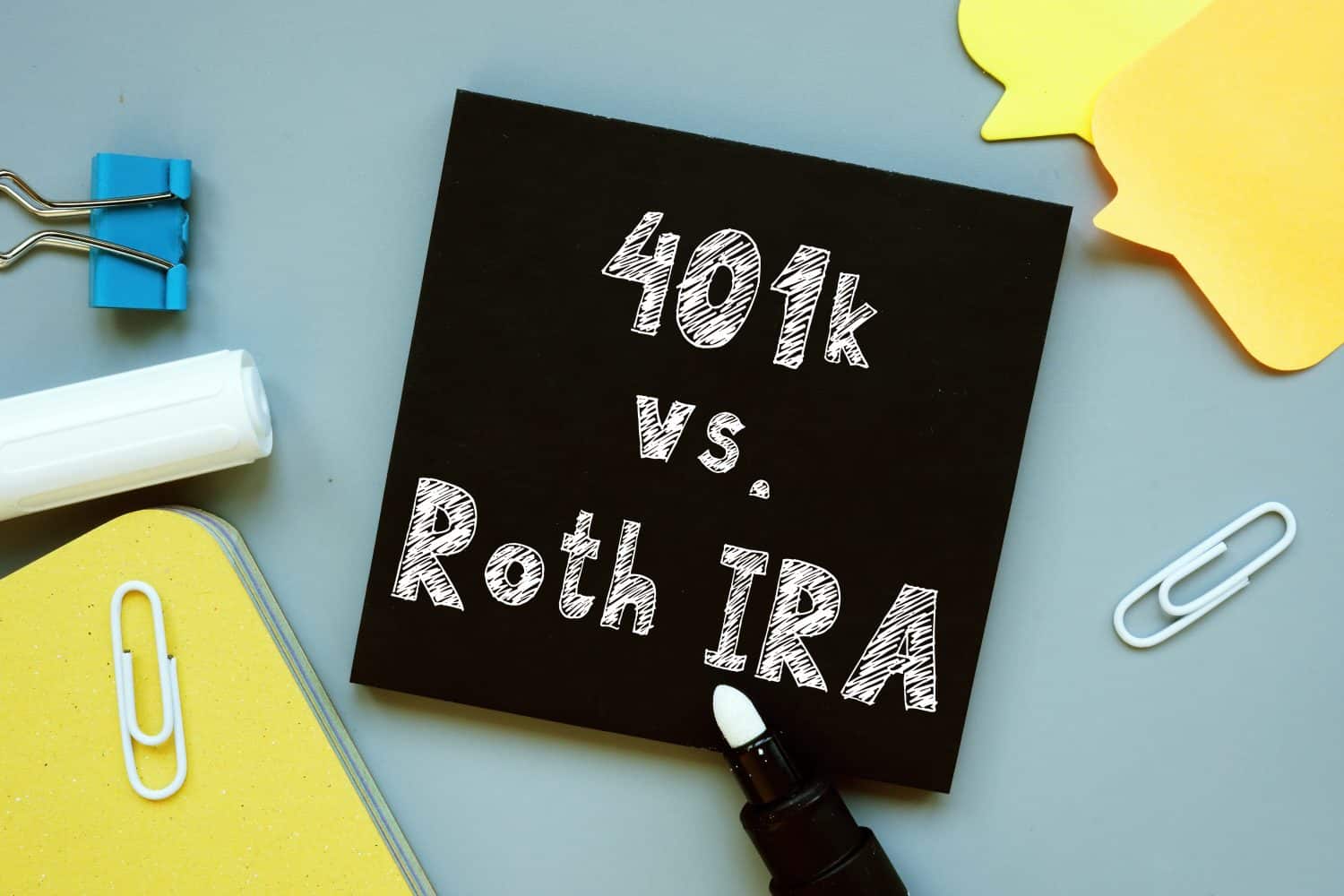
Published:

Everyone has an idea about what the perfect investment and retirement strategy is, everybody feels like they have everything figured out. The thing is, the American financial system is so complicated and so ridden with corruption and rules rigged against the regular person, that it is nearly impossible for the poor and middle class to win.
There are some restrictions on Roth IRA accounts that might make it a bad choice for retirement.
Roth IRA accounts are funded after-tax and do not have employer matching and have lower limits.
4 million Americans are set to retire this year. If you want to join them, click here now to see if you’re behind, or ahead. It only takes a minute. (Sponsor)
Don’t always choose to invest with the company, account, or portfolio other people tell you to. You should always do your own research and invest or spend your money how you feel comfortable. You should always speak with an expert before making any decision regarding your retirement planning.
That being said, here are eight reasons why a Roth IRA might not be the best choice for you.
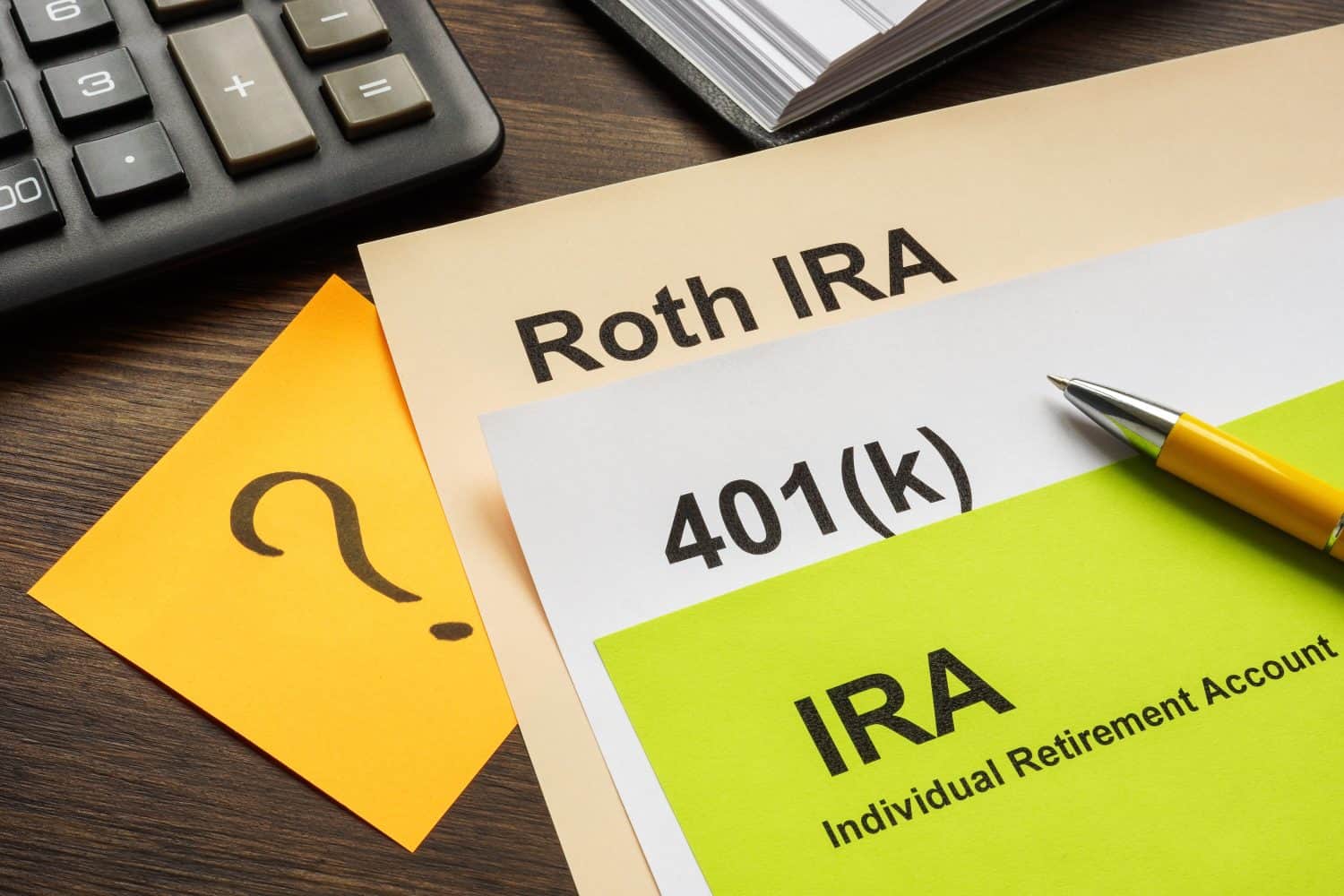
Contributions to a Roth IRA are made after you pay taxes on your income. This means that future withdrawals and returns are tax-free, but you won’t see any immediate tax breaks or benefits.
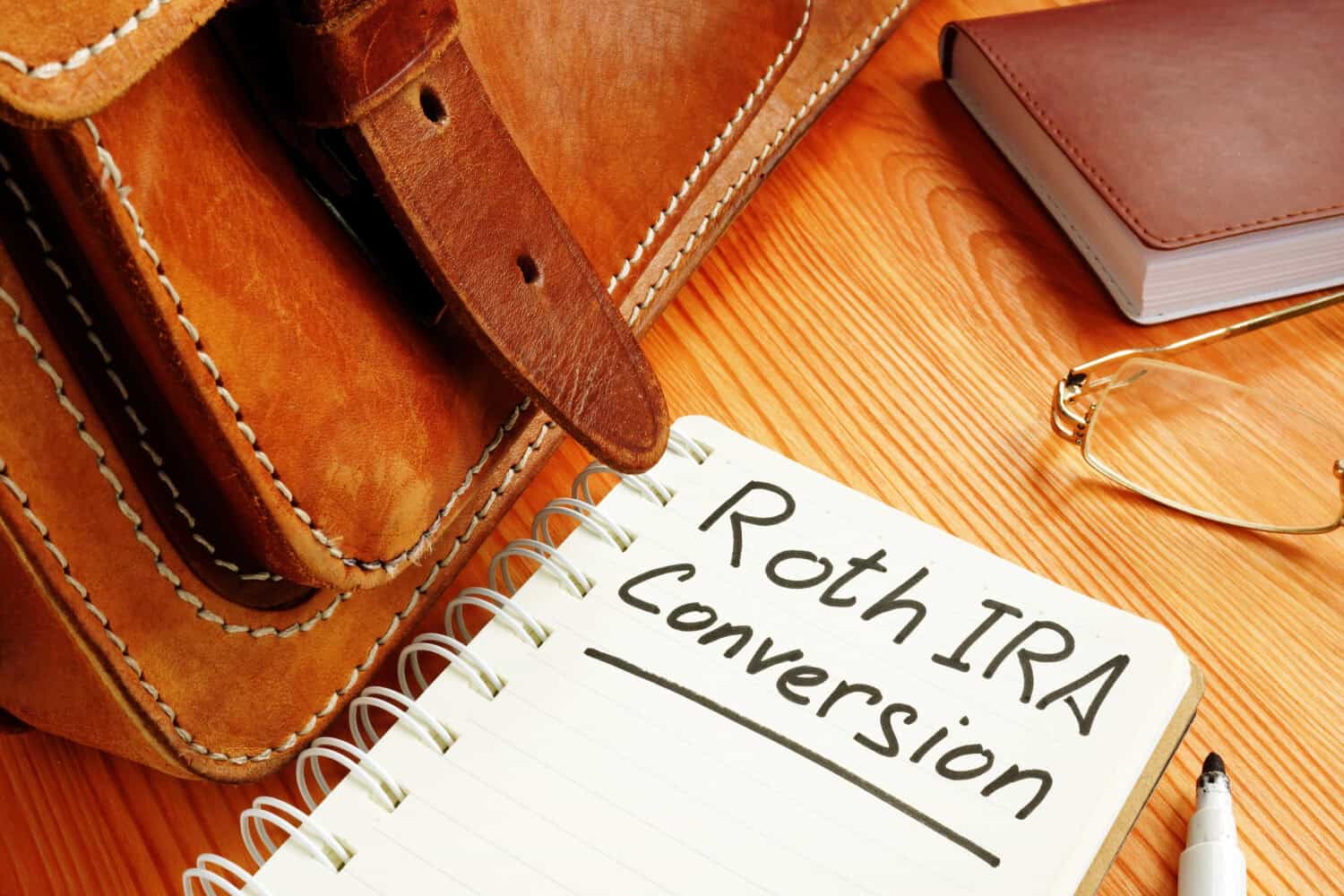
A dollar today is worth more than a dollar tomorrow. If you can save money on taxes and use your money to generate higher returns than in a Roth account, then it might make sense to forgo a Roth account and find a better option.
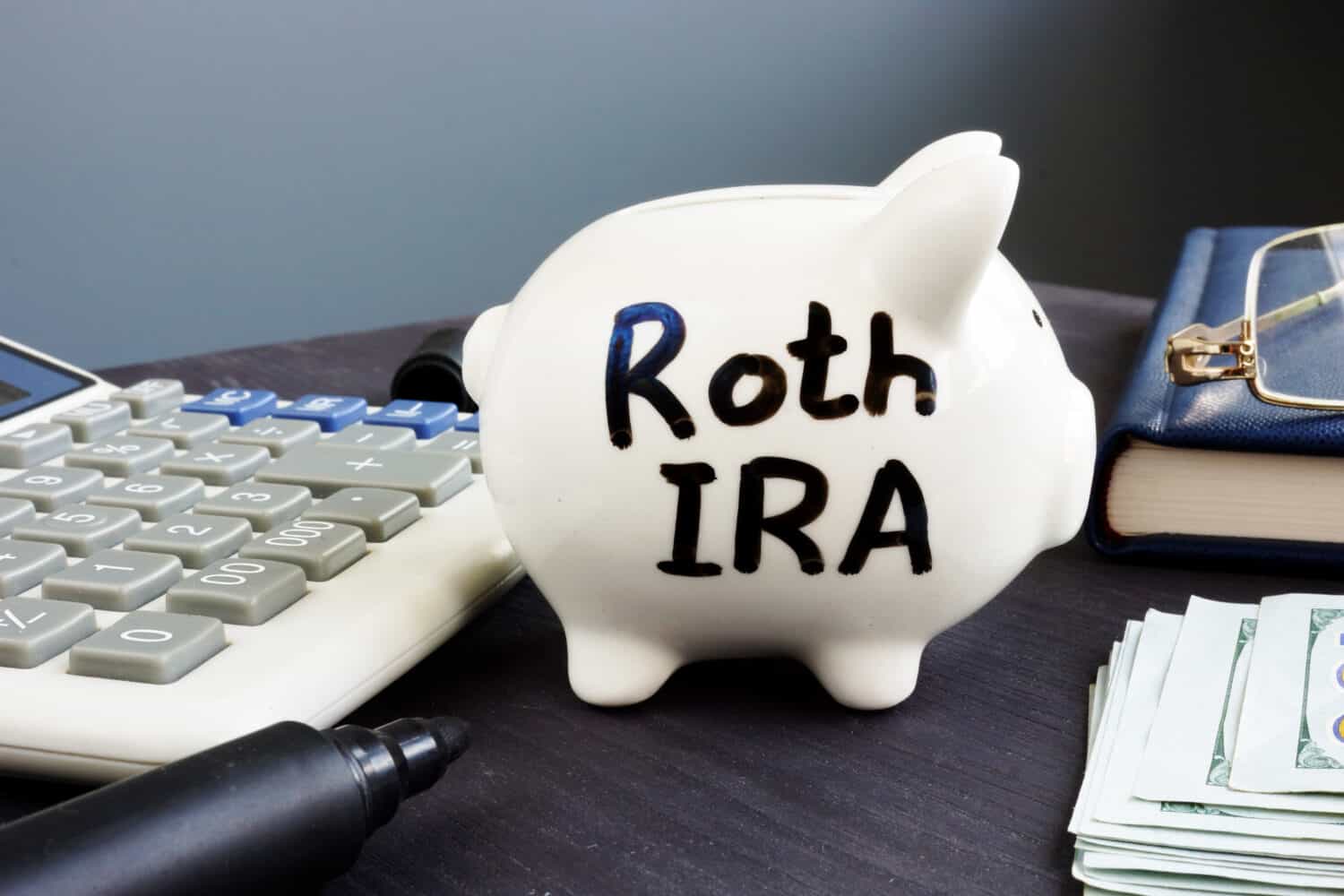
The limit for how much you can contribute is based on your adjusted gross income. Those who earn more than the limit are not allowed to have a Roth IRA account at all.

There are several limits based on how you file your taxes and your adjusted income for the year. If you earn a lot of money, your contribution can be limited or eliminated altogether, meaning you can’t contribute to a Roth IRA. There are strategies to get around this, however.

You can’t withdraw money from your Roth IRA until it has been invested for at least five years or you are 59 ½ years old. This means that large amounts of your money are out of reach for a good portion of your life (this can be good and bad).

If you withdraw money early, you will incur heavy penalties and taxes, essentially wiping out most of the gains you made, and eating into your principal.
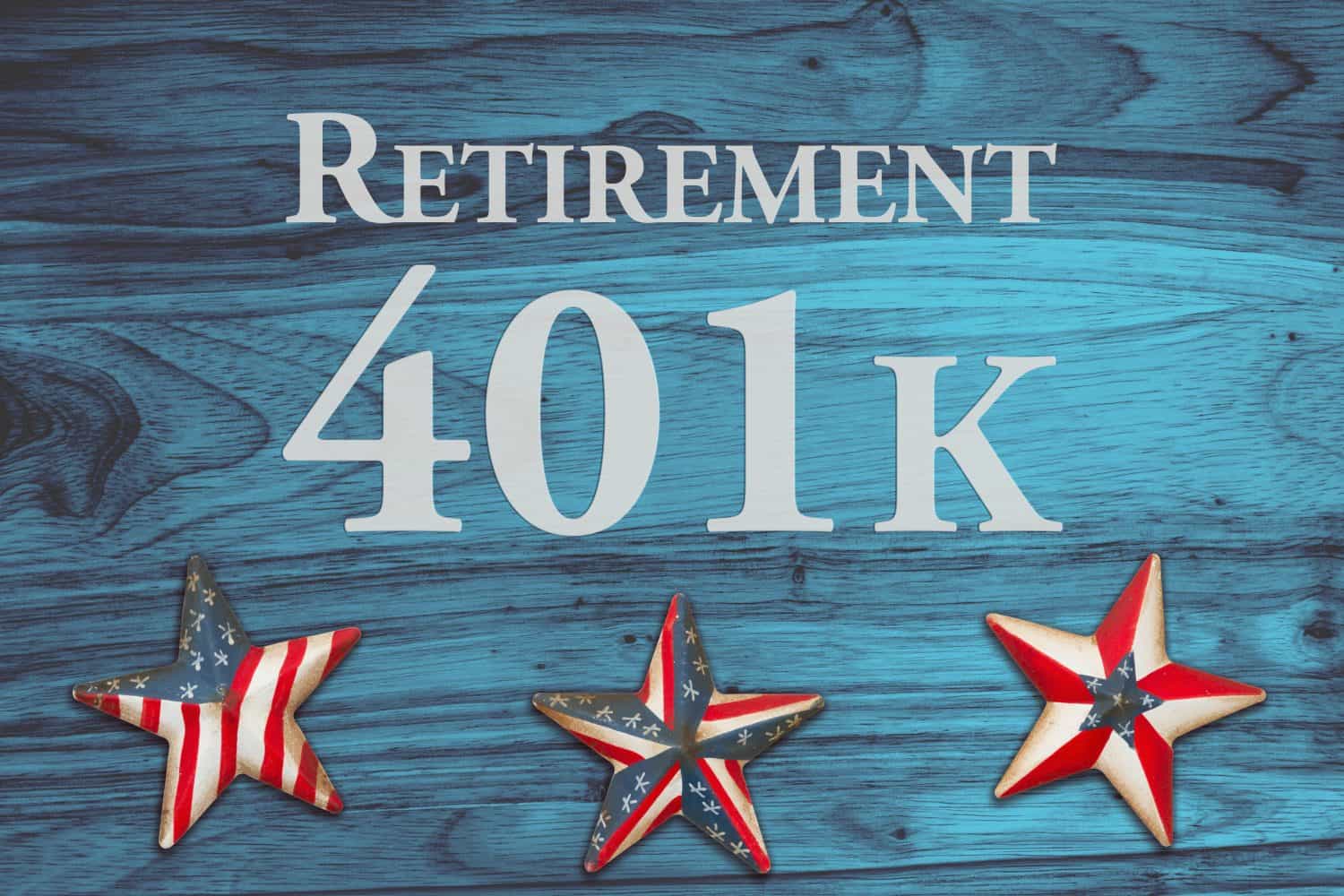
Roth IRA accounts have lower limits than Roth 401(k) accounts and generally lower limits than most other retirement accounts.
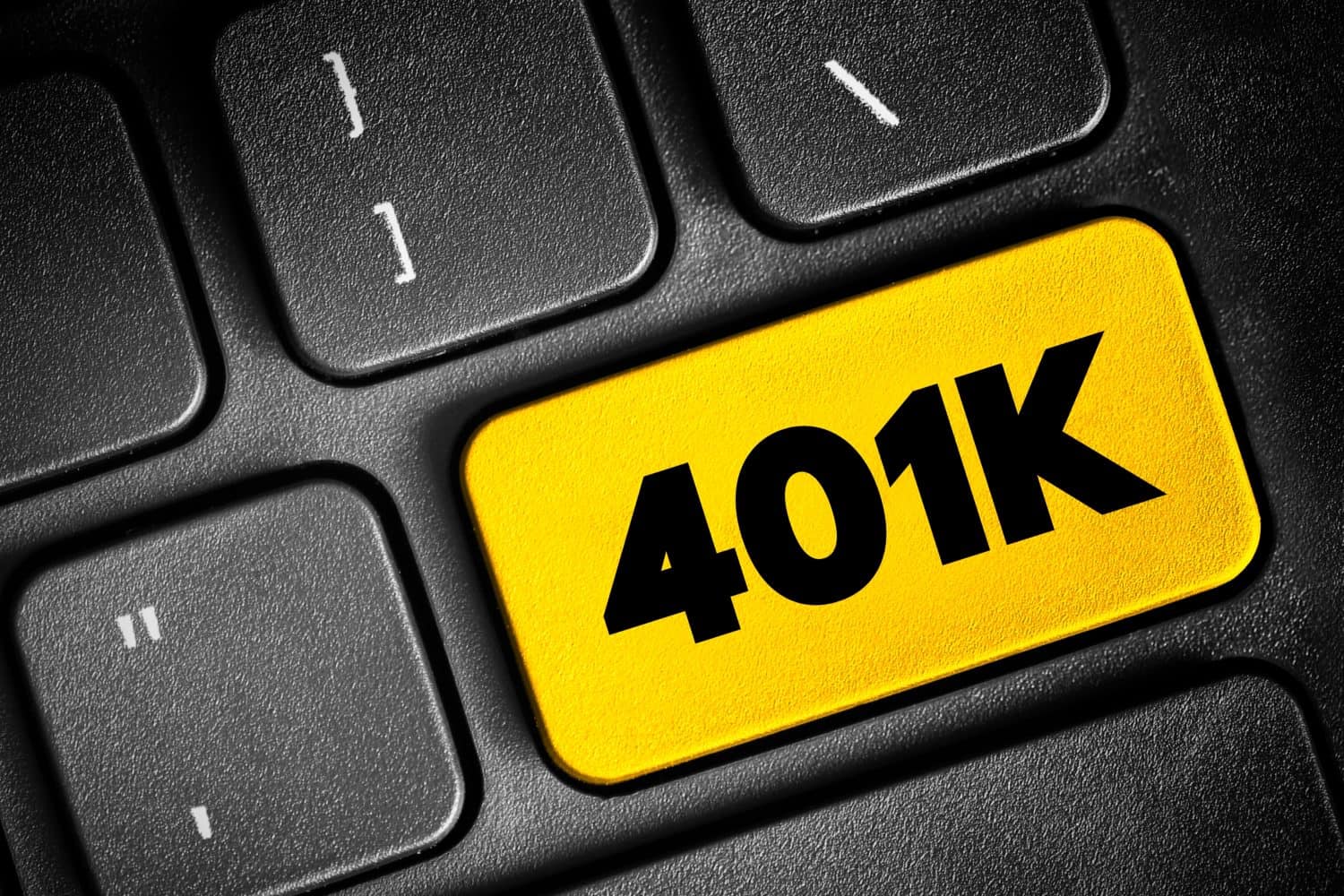
The limit for a Roth IRA includes all your 401(k) and IRA accounts and is $7,000 per year, or $8,000 for those over 50 years old. The limit for a Roth 401(k) is much higher at $23,000 per year for people under age 50.

The money in a Roth IRA is already taxed, which means you do not begin to see the benefits of untaxed growth until after you begin withdrawals. Many people do not live long enough to see a return on investing their taxed retirement funds.
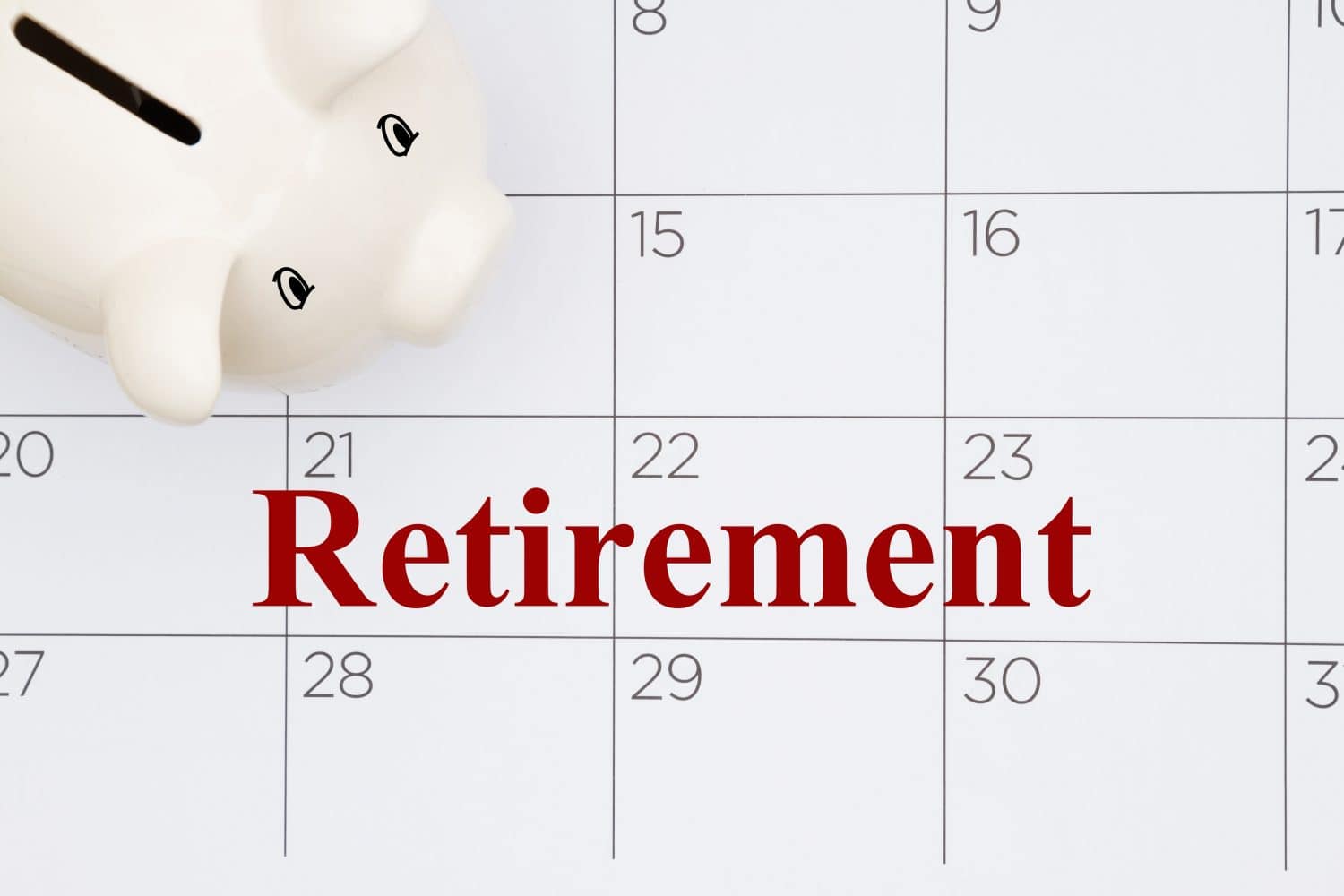
Some retirement accounts allow loaning yourself money or other account benefits and features, but since Roth IRA accounts are funded after-tax, the initial amounts will most likely be lower than in a traditional 401(k) or similar accounts, so you will have to wait or invest longer to see equal returns.
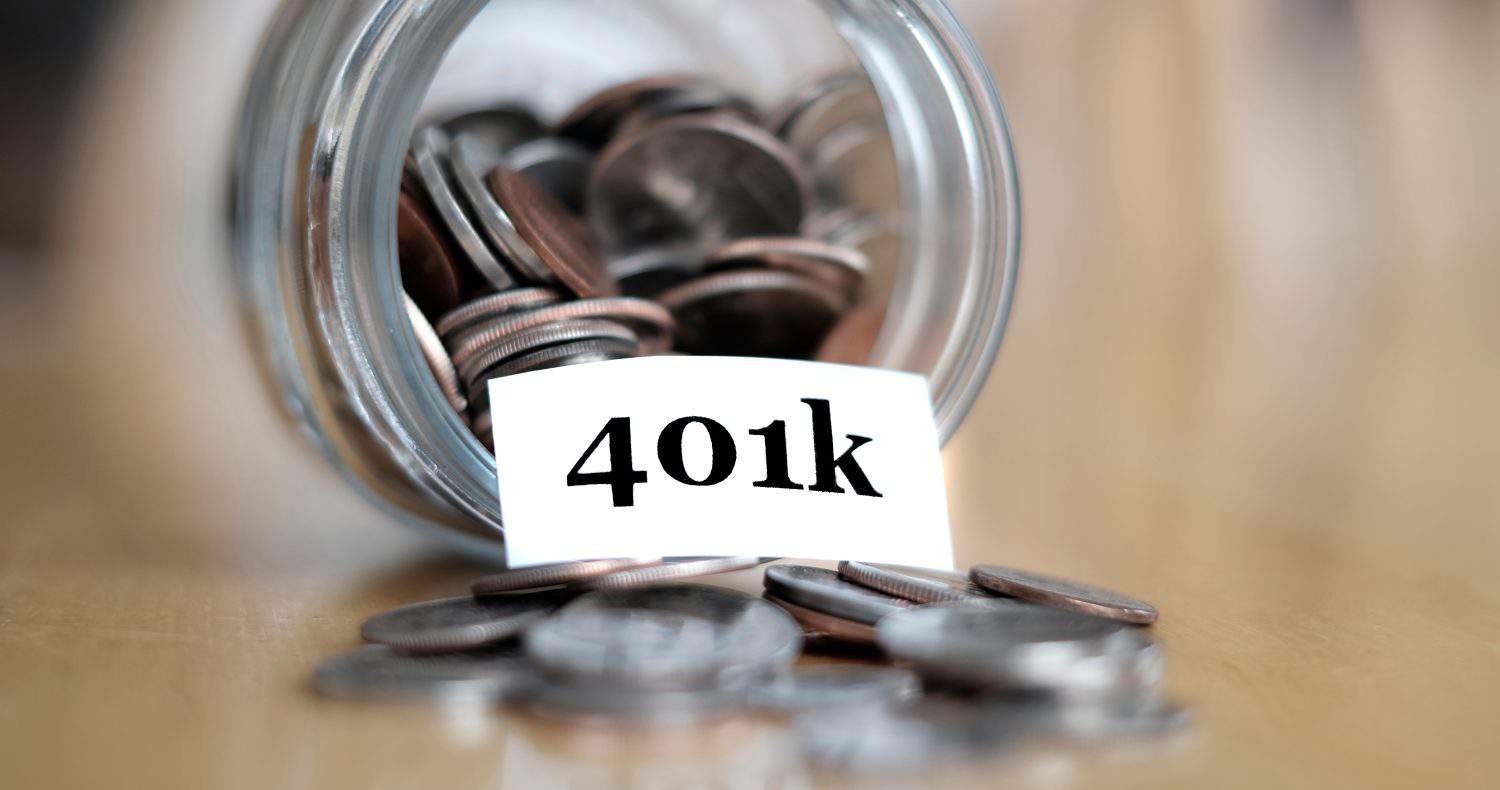
Richer people will have to pay higher taxes on the money they plan to contribute to a Roth IRA (if they have one), meaning the contribution and the taxes take up a larger portion of their income than lower tax brackets. Though, not enough to cause problems for the wealthy, it’s still something to keep in mind.
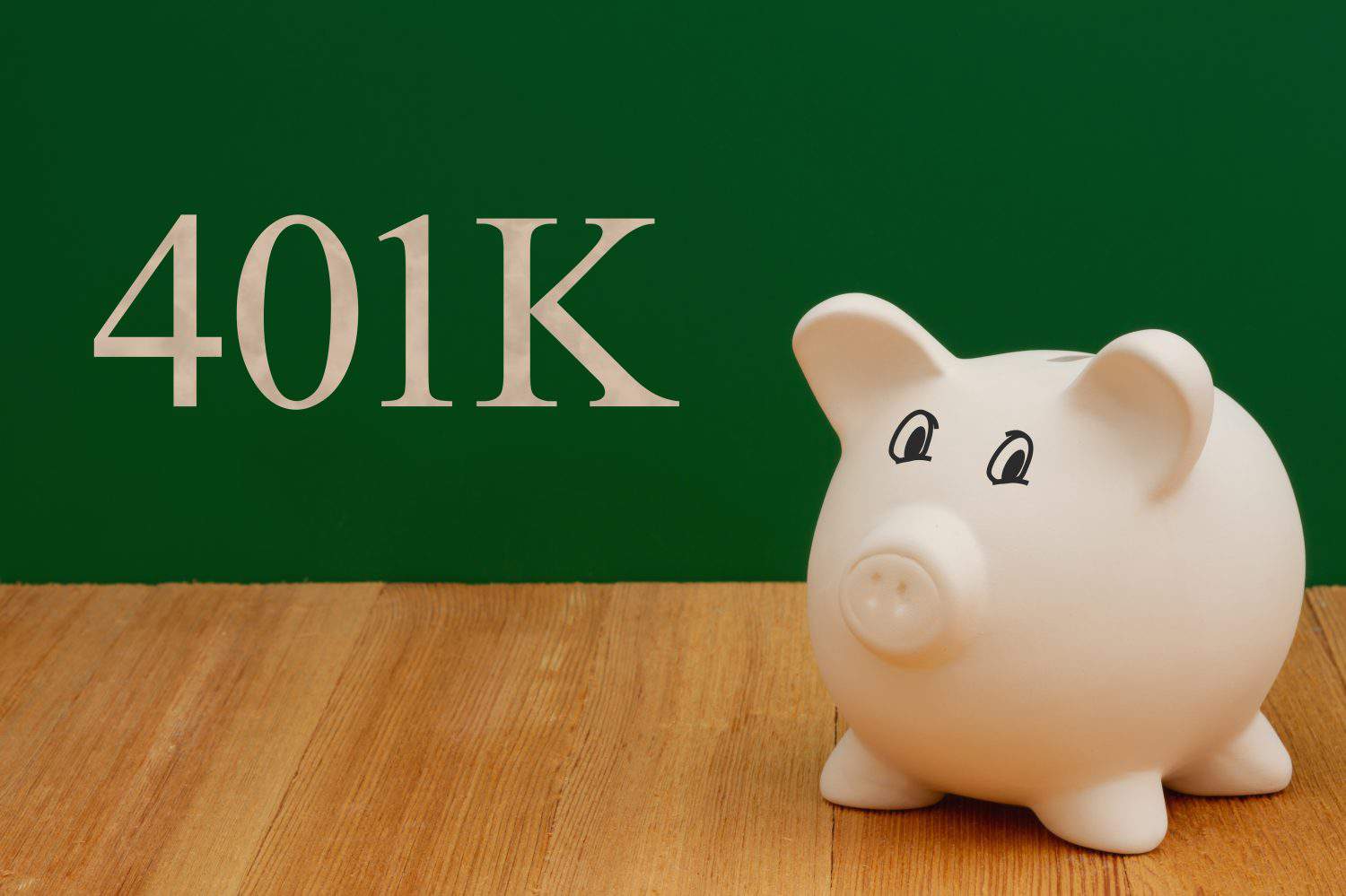
Besides the fact that the rich can’t have a Roth IRA in the first place, paying high taxes on the money you plan to invest anyway might feel like a kick in the gut. You might be able to recoup some of those taxes when you file every year, but that’s still money that comes out of your paycheck.

Roth IRAs are for individuals and other specific situations, meaning they do not qualify for employer matching or other employer benefits. This is usually balanced by a wider variety of investment options.

If you are self-employed, unemployed, or at a company that doesn’t offer a retirement plan, you are out of luck when looking for some kind of contribution match, so you might want to look at alternative retirement accounts that offer better returns or better services for lower fees.

The money you contribute to a Roth IRA comes from your bank accounts (or somewhere along the way there), after the tax has been deducted. This means that it could be put to use elsewhere, like any other cash, since the tax has already been paid.

If you have a way to earn stable returns or make profitable investments (say, real estate or starting a new business) your money could be put to better use than earning low returns in a Roth IRA. Naturally, there is a risk with every investment opportunity, so one option won’t be right for all people.
Retirement planning doesn’t have to feel overwhelming. The key is finding expert guidance—and SmartAsset’s simple quiz makes it easier than ever for you to connect with a vetted financial advisor.
Here’s how it works:
Why wait? Start building the retirement you’ve always dreamed of. Click here to get started today!
Thank you for reading! Have some feedback for us?
Contact the 24/7 Wall St. editorial team.